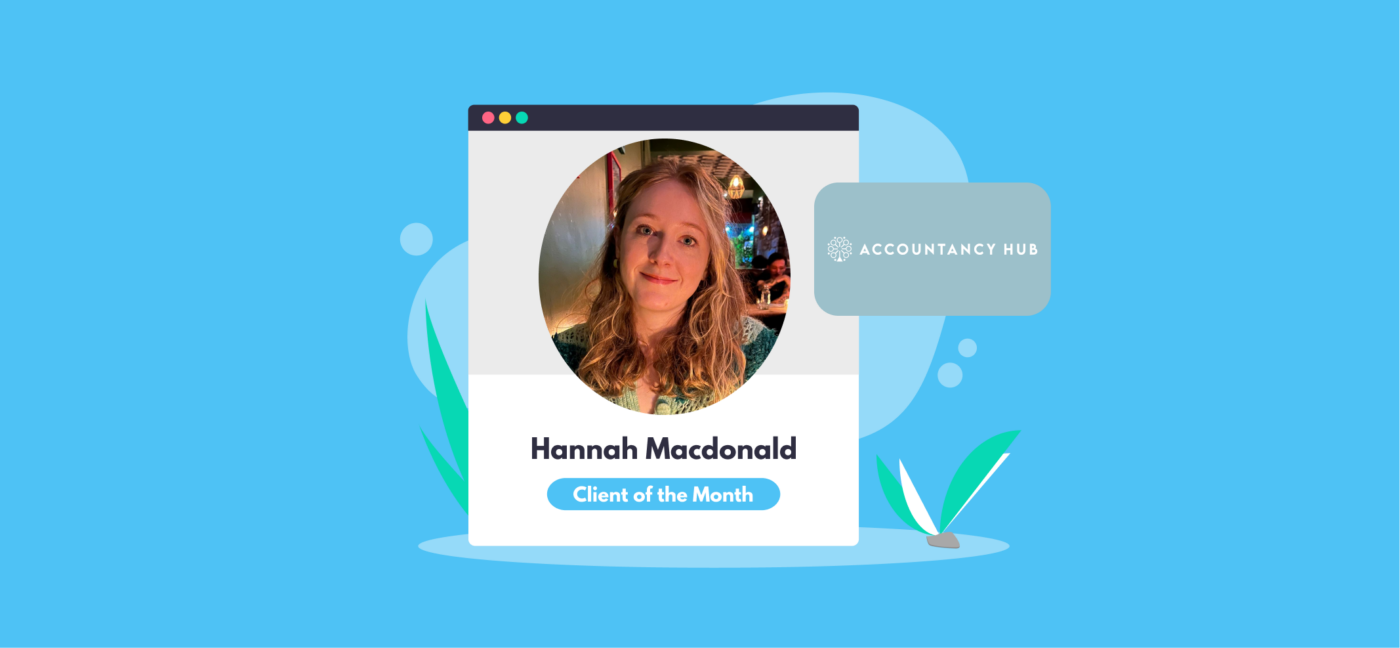

National Insurance for the Self-Employed
If you work for your own self-employed business, then you may need to pay National Insurance on the profits that you earn. In this article we explain how National Insurance works for self-employed people, how much you need to pay, and when.
What is National Insurance (NI)?
National Insurance is a type of tax paid by employees, employers, and self-employed people. Also known as NI contributions (or NICs for short) these payments go towards your eligibility for the state pension and some types of benefits. To make sure National Insurance Contributions are recorded correctly, each person has their own unique NI number.
You’ll normally start making National Insurance contributions on ‘qualifying income’ once your earnings pass the NI threshold, from the age of 16 up until state retirement age (you won’t pay National Insurance on your pension or earnings after retirement). Some people decide to start their own business after retirement, but you won’t be expected to make contributions on your self-employed income if you’re older than state pension age.
How much is self-employed National Insurance?
Self-employed people pay National Insurance on their profits, so the amount of NI you pay depends on how much profit you make in a year. Class 4 NI is paid as a percentage of any profits you earn above the £12,570 Lower Profits Limit (LPL).
| 2024/25 Annual Threshold |
2025/26 Annual Threshold |
2026/27 Annual Threshold |
|
| No National Insurance to pay on profits in this range, but you can make voluntary payments to fill any gaps in your NI record. | Below £6,845 | Below £6,845 | Below £7,105 |
| Small Profits Threshold (SPT): You won’t pay NI on profits at or above this and below the Lower Profits Threshold (LPT), but you will accrue National Insurance credits. | £6,845 | £6,845 | £7,105 |
| Lower Profits Limit (LPL): Pay Class 4 National Insurance on profits above this threshold at a rate of 6% | £12,570 6% |
£12,570 6% |
£12,570 6% |
| Upper Profits Limit (UPL): Pay Class 4 NI at a rate of 2% on profits above this threshold. | £50,270 2% |
£50,270 2% |
£50,270 2% |
How do I pay National Insurance (NI)?
Self-employed people pay National Insurance when they submit their Self Assessment tax return to report the profits and other income they receive in a tax year.
You’ll be given a tax calculation once you submit your return, and this will show the breakdown of different taxes that you owe. There are several options for paying your Self Assessment tax bill – just make sure you don’t miss the deadline!
National Insurance when you’re employed and self-employed
Some people work for an employer and run a business in their spare time, but the National Insurance you pay as an employee is different to the NI you pay for self-employment.
Your employer will normally collect any National Insurance you owe by deducting it from your wages, and then sending it on to HMRC along with their own contribution.
You’ll report any tax and National Insurance you’ve paid through your employer when you complete your Self Assessment tax return, but you won’t need to pay tax on the same money twice.
National Insurance if you run your own limited company
If you operate your own limited company, then you might decide to pay yourself a salary as a director. This means that you’re (sort of) both an employee and the employer, so most directors take a smaller salary at or below the threshold for paying National Insurance – otherwise you might end up paying two lots of NI on the same money!
Your remaining income can then be taken from the company in the form of dividends, which aren’t subject to National Insurance.
What happens if I have gaps in my NI record?
The National Insurance contributions you make go towards your State Pension and other entitlements such as the Maternity Allowance. Gaps in your NI record can affect your entitlement to these or how much State Pension you get.
You can check your National Insurance record online using your Personal Tax Account, and make voluntary contributions to fill any gaps.
Making voluntary NI contribution
The voluntary contributions you can make for NI depend on your circumstances:
- If you’re employed: You can pay Class 3 contributions (£17.75 per week) if you’re employed, earning less than £125 a week, and you’re not eligible for National Insurance credits
- If you’re self-employed: You can pay Class 2 (£3.50 per week) or Class 3 voluntary contributions if you’re self-employed and either your gross income is £1,000 or less, or it’s more than £1,000 but your profits are below £6,845
Learn more about our online accountancy services for self-employed people like you. To talk to one of the team, call 020 3355 4047, request a free call back, or get an instant online quote.
Want to learn more?
Subscribe to our newsletter to get accounting tips like this right to your inbox

Read more posts...

February 2026 Client of the Month: Accountancy Hub
27th February 2026This month we spoke to Hannah, founder of Accountancy Hub. Accountancy Hub | Instagram Hey Hannah! Tell us about your business…
Read More
Paying Yourself a Salary from Your Limited Company
26th February 2026Being a director means you’re legally separate from your limited company even if you’re also the owner, so you’ll need to decide…
Read More
How Do Footballers Pay Tax?
24th February 2026We all know top-flight footballers do alright. But how does tax work for professional footballers? Is it treated as self-employed income, or…
Read MoreConfirm Transactions
The number of monthly transactions you have entered based on your turnover seem high. A transaction is one bookkeeping entry such as a sale, purchase, payment or receipt. Are you sure this is correct?
Please contact our sales team if you’re unsure
VAT Returns
It is unlikely you will need this service, unless you are voluntarily registered for VAT.
Are you sure this is correct?
Call us on 020 3355 4047 if you’re not sure.
MTD IT Quarterly Updates
Your final, end of year MTD Income Tax submission is included in your fee, without this add-on service.
We would recommend you submit the quarterly updates yourself using Pandle or alternative bookkeeping software.
However, if you would prefer us to submit these quarterly updates for you, there is an additional fee of £35.00 per month.
Call us on 020 3355 4047 if you’re not sure.
Bookkeeping
You will receive our bookkeeping software Pandle for free, as part of your package.
You can use this to complete your own bookkeeping, or we can provide a quote to complete your bookkeeping for you.
Please select and option below:
Call us on 020 3355 4047 if you’re not sure.

